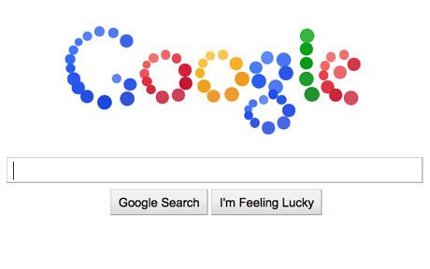Some - mildly influential - individuals would have you believe that HTML5 is the future of the web and the obvious successor to Adobe Flash. However, an executive from W3C - the body which oversees the standard - has expressed concern over some companies' willingness to adopt the format.
Philippe Le Hegaret, the World Wide Web Consortium's Interaction Domain Leader, explained (courtesy of InfoWorld) that "it's a little too early to deploy [HTML5] because we're running into interoperability issues". He added that the standard was not yet ready for production, largely because the consortium still had plans to amend the underlying APIs.
He concluded that "the real problem is can we make [HTML5] work across browsers and at the moment, that is not the case."

Of course, Le Hegaret's comments make sense. Though the latest versions of Firefox, Opera, Webkit-based browsers such as Chrome and Safari and the beta of Internet Explorer 9 can all handle HTML5, public adoption is not nearly as wide. Even as it continues to lose market-share, older versions of IE still account for a very large chunk of the browser market, while legacy releases of some other browsers also remain prevalent.
Final approval of the standard is expected to occur in three to four years time, though it will be 'feature-complete' by the middle of next year.
HTML5 is generating a huge amount of interest among the big-hitters of the tech-industry, from Apple to Google, Mozilla and more. However, until it is accessible to a very large proportion of the web-browsing population and the interoperability issues have been worked out, wide-scale adoption is likely to cause more problems than it solves.













